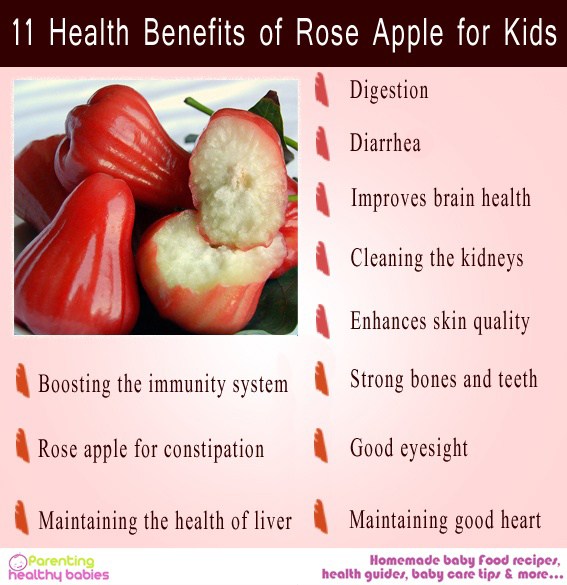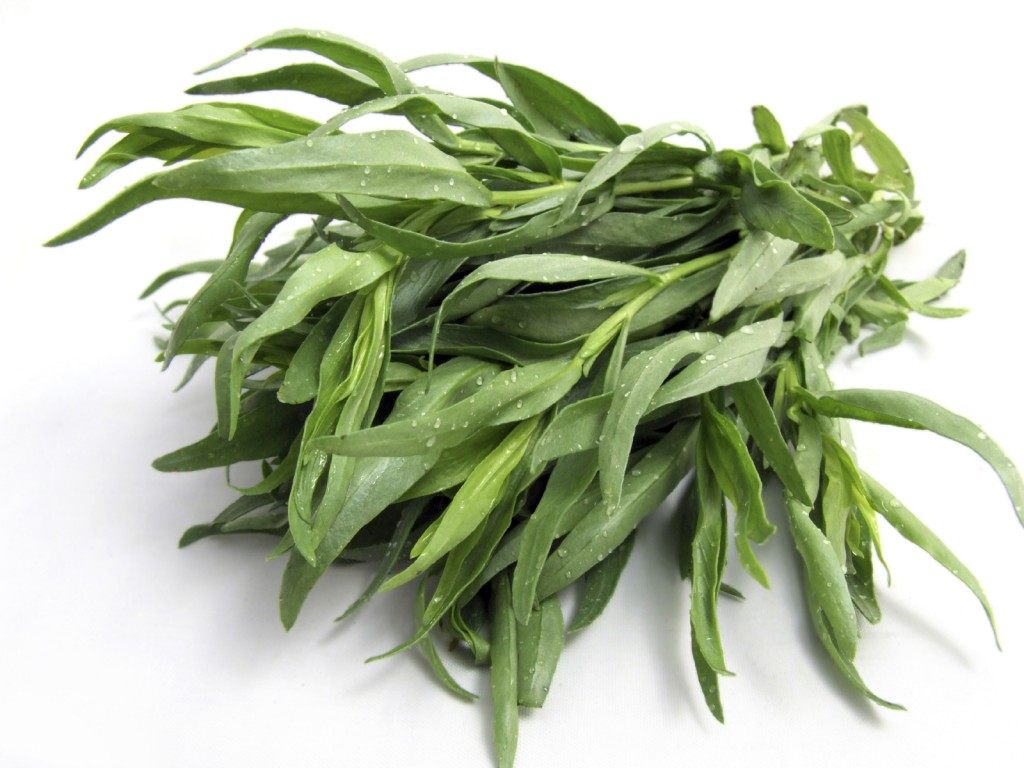Fennel, an aromatic and flavorful herb is highly regarded for its culinary usage and traditional usage in medicines. The seeds of fennel appear very similar to cumin seeds, another popular spice. But, the taste and flavor or fennel is different from cumin. While the taste and smell of cumin is strong, fennel tastes much sweeter and lighter when compared to cumin. Though, visually they might look similar yet, fennel seeds are greener in colour and slightly plumped when compared to cumin seeds.
Fennel is believed to have originated between Middle Eastern Asia and South Eastern Asia in India. It is one of the most important ingredients in Indian cuisine as well as in Mediterranean as well as in Arab cuisine. Apart from being added as a condiment in various cuisines, people in India have fennel seeds after a heavy meal, as it is believed to be an aid for digestion.
Is giving fennel safe for my baby?
Yes, fennel can be given to your baby. But, it must be given in very small quantities. It must only be given as a medicine and not as a nutrient food. The best way to give fennel is by boiling small quantity of fennel in water, filter the water with a cloth, remove all the pieces of fennel and feed the fennel water to the baby. As fennel is given only in the form of tea, the earliest age of introduction is about 1 month.
Health benefits of giving fennel to your baby
Here are some of the health benefits of fennel for your baby
Watch Video : Health Benefits of Fennel for Babies
For the latest videos, please subscribe to our channel: parenting healthy babies
Remedy for colic: Colic is a painful stomach cramps that is usually seen in babies. One of the major causes for colic is trapped gas in stomach. Fennel acts as a good remedy for colic as it has flatulence reducing properties. A baby with colicky crying can be given a fennel boiled and filtered water. It is advised to give this water in small quantities not more than 150 ml/ dosage, three times a day for about a week. Apart from this, fennel oil is also very useful for reducing infantile colic. (Bakhru, Herbs That Heal).
Remedy for digestive disorders: Fennel is also useful in reducing digestive disorders. A spoonful of fennel seeds when boiled in 100 to 150 ml of water for about ½ hour is very effective in treating indigestion, biliousness, flatulence and atonic dyspepsia. (Bakhru, Herbs That Heal).
Natural laxative: Fennel tea is also beneficial for constipation. Giving your baby, fennel tea relieves from constipation. Constipation is known to occur in babies who are bottle-fed. In bottle-fed babies, bacteria start breeding and stops friendly bacteria from growing, which help in peristaltic movements in the colon. Fennel tea is helpful in clearing constipation resulting in a healthy digestive system and healthy baby. (A McIntyre, Herbal Treatment of Children).
Remedy for respiratory diseases: Fennel seeds are also helpful in relieving from respiratory disorders such as cough, asthma, bronchitis and lung abscesses. Juice of fennel leaves is beneficial for these respiratory diseases. If fennel leaves are not available, then tea of fennel seeds can also be used. (Bakhru, Herbs That Heal).
Antimicrobial properties: Fennel seeds contain antimicrobial properties. The antimicrobial properties control bacteria as well as fungal species. Most importantly, pathogenic microbes were controlled by fennel. (Rather et al, 2012)
Supply of anti-oxidants: The importance of anti-oxidants is perhaps under estimated in babies. Babies have a good appetite and eat relatively heavier for their size. The reason being fast growth. Because of the heavy appetite, babies release lot of free radicals. These free radicals have to be countered with anti-oxidants as they can damage the surrounding tissues and cells. Fennel with its antioxidant properties can be given on a regularly in the form of fennel tea to babies. (Rather et al, 2012).
Measures to be taken while giving fennel seeds
There are certain important measures that should be taken before giving condiments such as fennel to your baby.
Do not give fennel seeds directly: Fennel seeds are very tiny. As a matter of fact, they are not bigger than rice. You don’t want your baby to have such tiny things directly, as there is a high risk of choking and seeds entering into trachea. Instead, you could always opt for fennel tea.
Making fennel tea: Take about a tea spoonful of fennel seeds and boil them in about 100 or 150 ml of water for about 15-20 minutes. Then filter out the seeds in a cloth and give the water to the baby after cooling down. This tea will contain all the necessary medicinal properties. Boil this tea in low heat as antioxidants can escape through vaporization in medium and high heat.
Allergic reactions: If you find any allergic reactions such as inflammation on the skin or any other symptoms, please stop feeding fennel tea and consult your pediatrician immediately.
Nutritional value of Fennel
According to the National Nutrient Database from the United States Department of Agriculture, the nutritional content found in fennel include
| Nutritional Component | Value per 100 g | Nutritional Component | Value per 100 g |
| Water | 8.8 g | Energy | 345 kcal |
| Protein | 15.8 g | Total Lipid | 14.87 g |
| Carbohydrate | 52.3 g | Dietary Fiber | 39.8 g |
| Calcium | 1196 mg | Iron | 18.54 mg |
| Magnesium | 385 mg | Phosphorous | 487 mg |
| Potassium | 1684 mg | Sodium | 88 mg |
| Zinc | 3.7 mg | Vitamin C | 21 mg |
| Thiamin | 0.408 mg | Riboflavin | 0.353 mg |
| Niacin | 6.05 mg | Vitamin B-6 | 0.47 mg |
| Vitamin A | 135 IU |













